London Fashion Week: Art world Escapism
From strong women and political statements to space age and appliqued flowers, LFW provoked mixed reactions
A free daily email with the biggest news stories of the day – and the best features from TheWeek.com
You are now subscribed
Your newsletter sign-up was successful
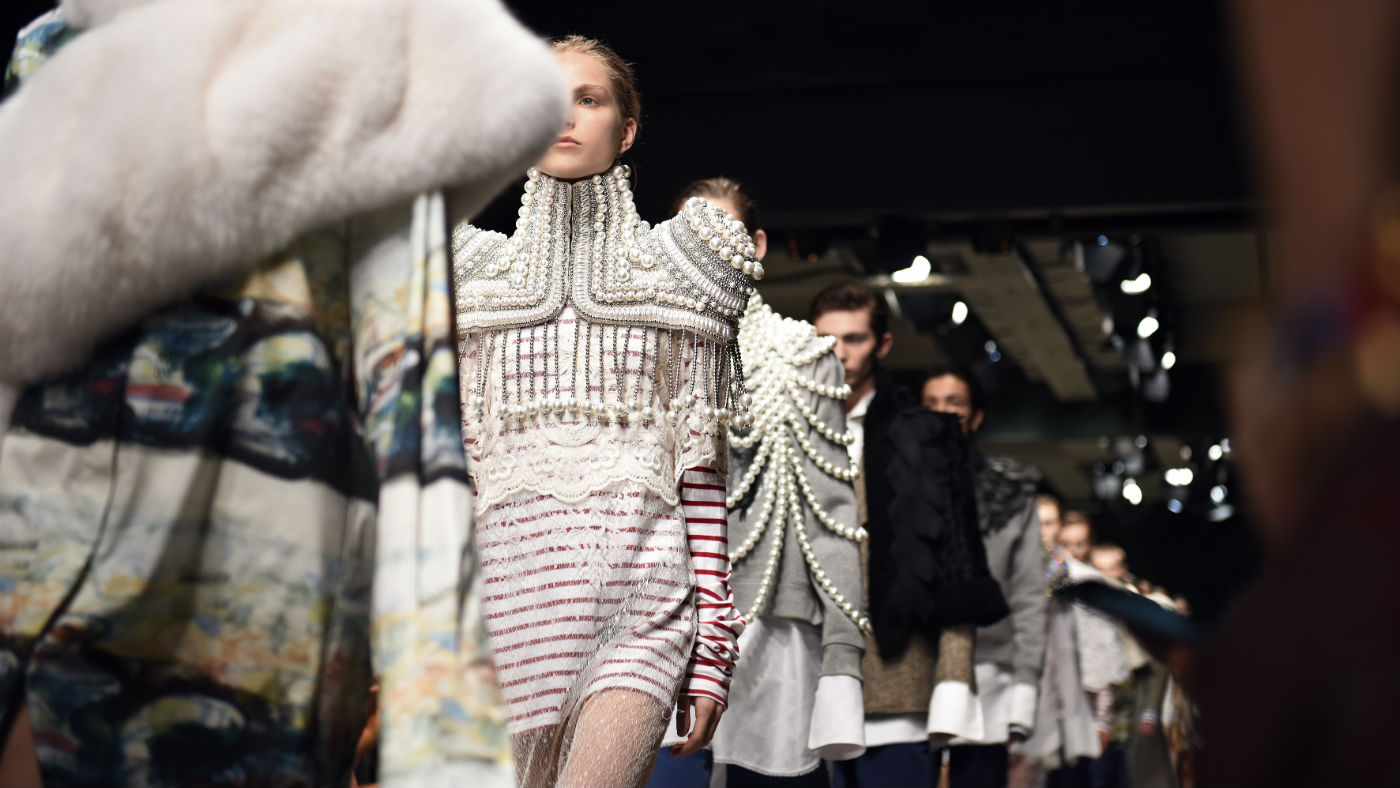
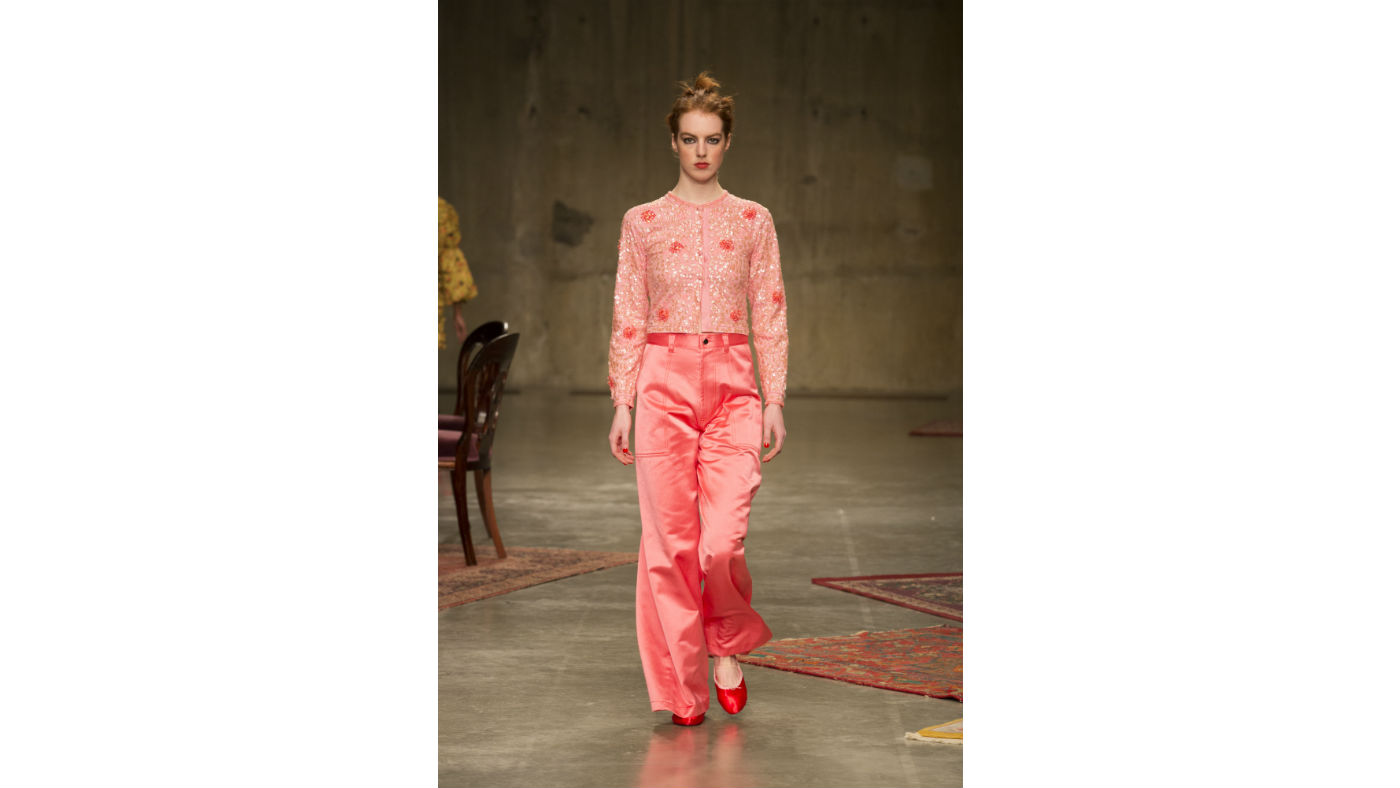
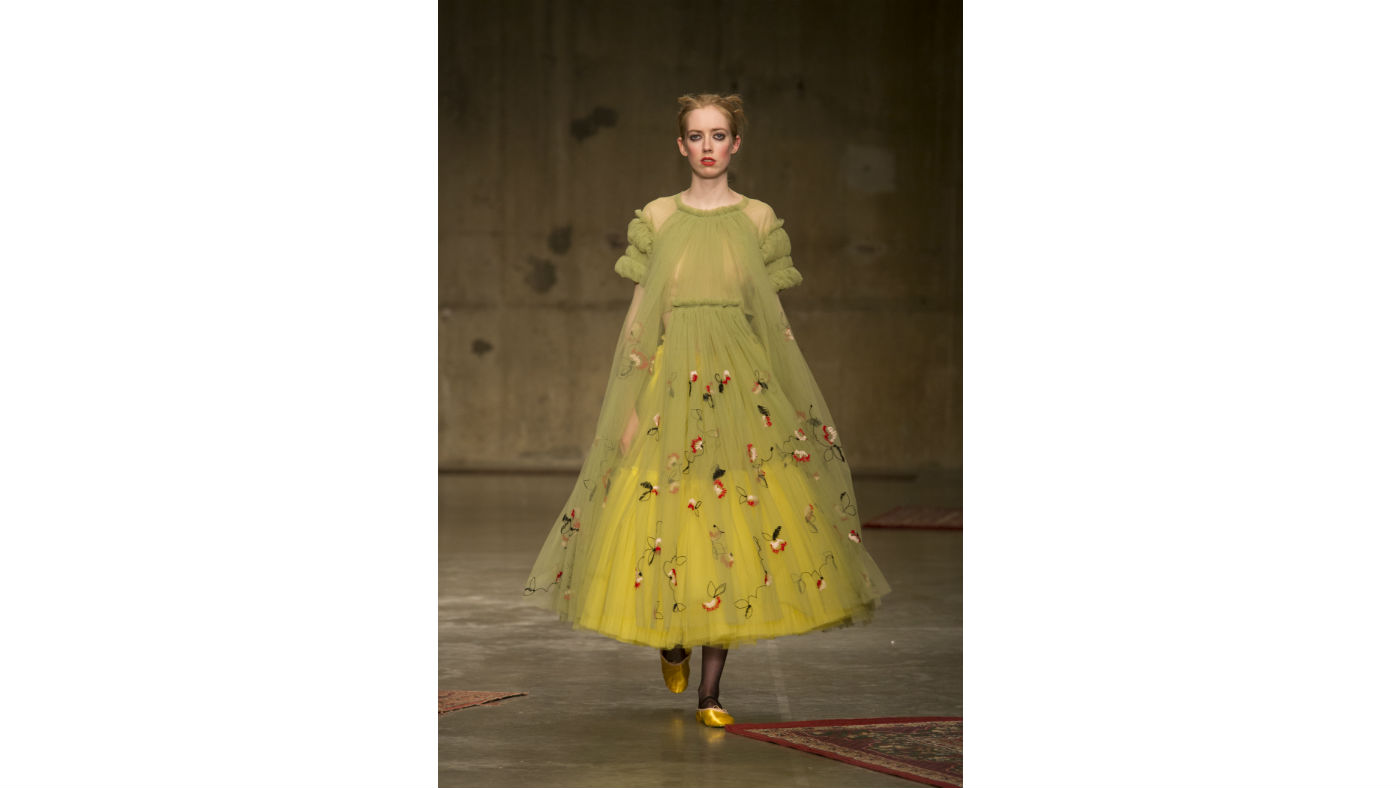
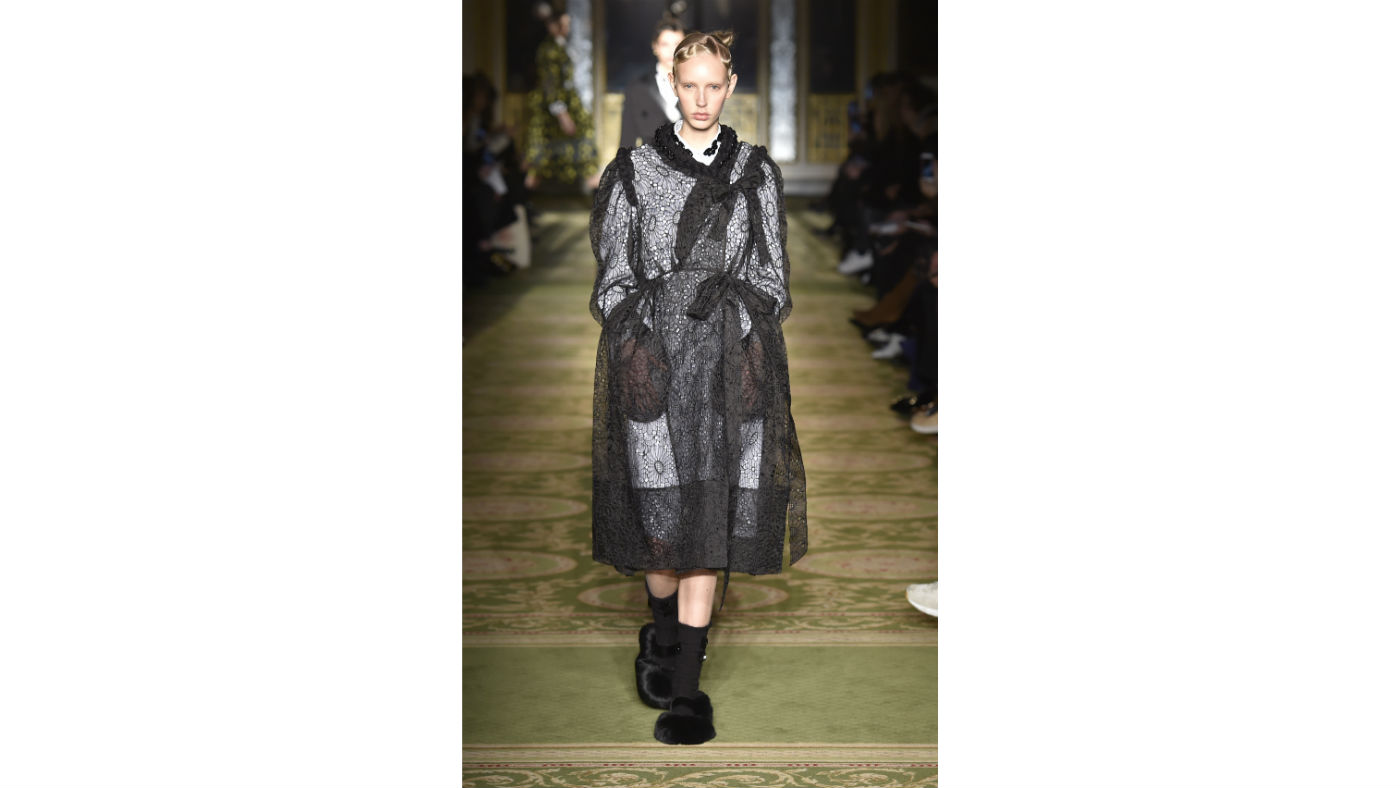
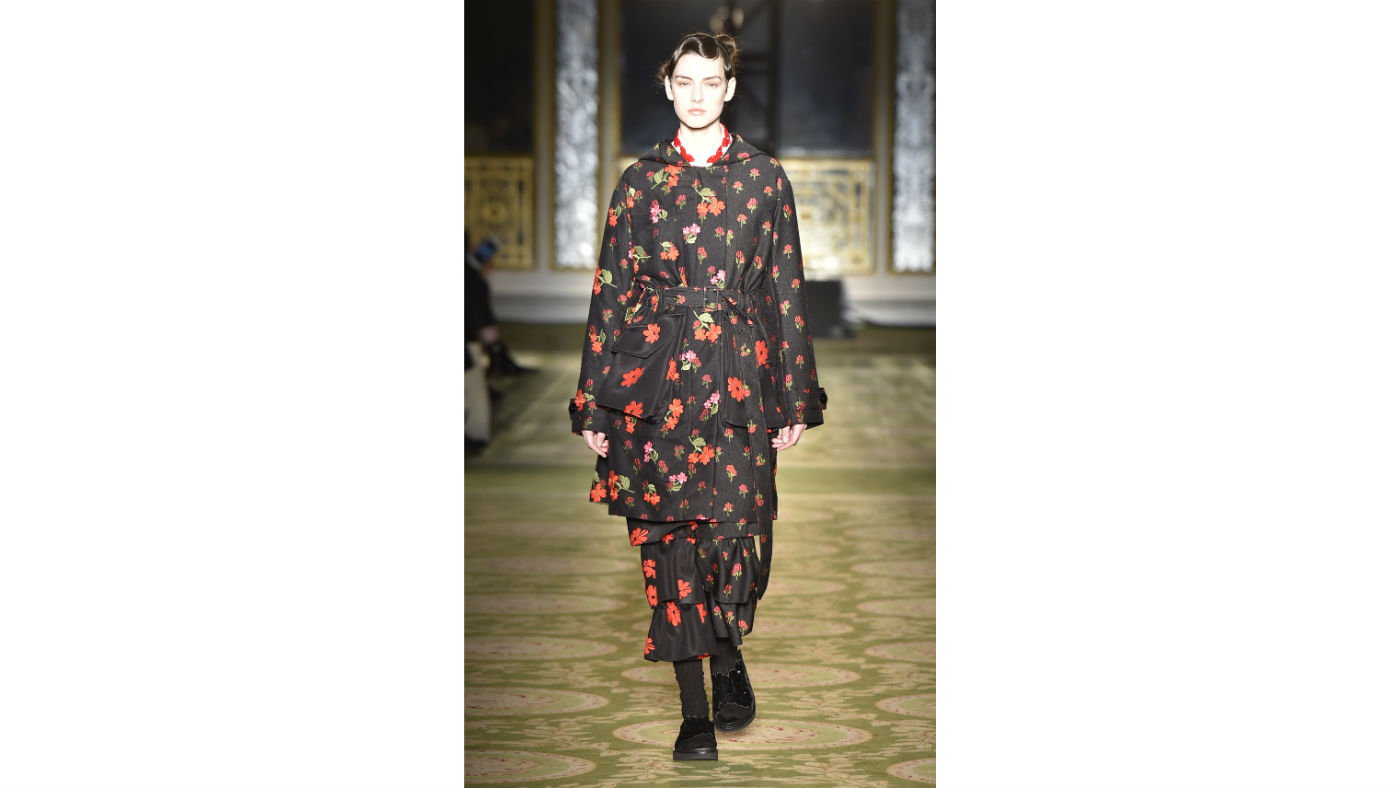
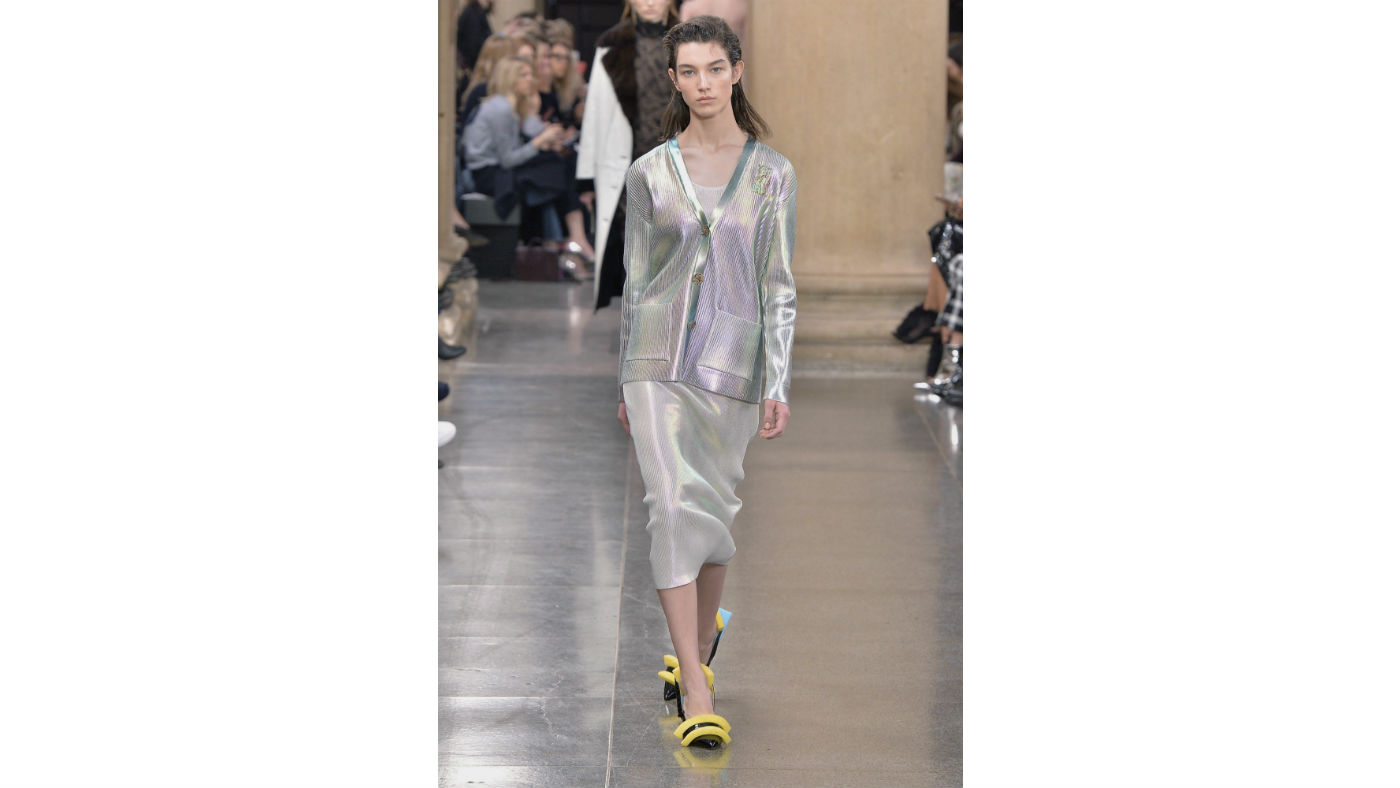
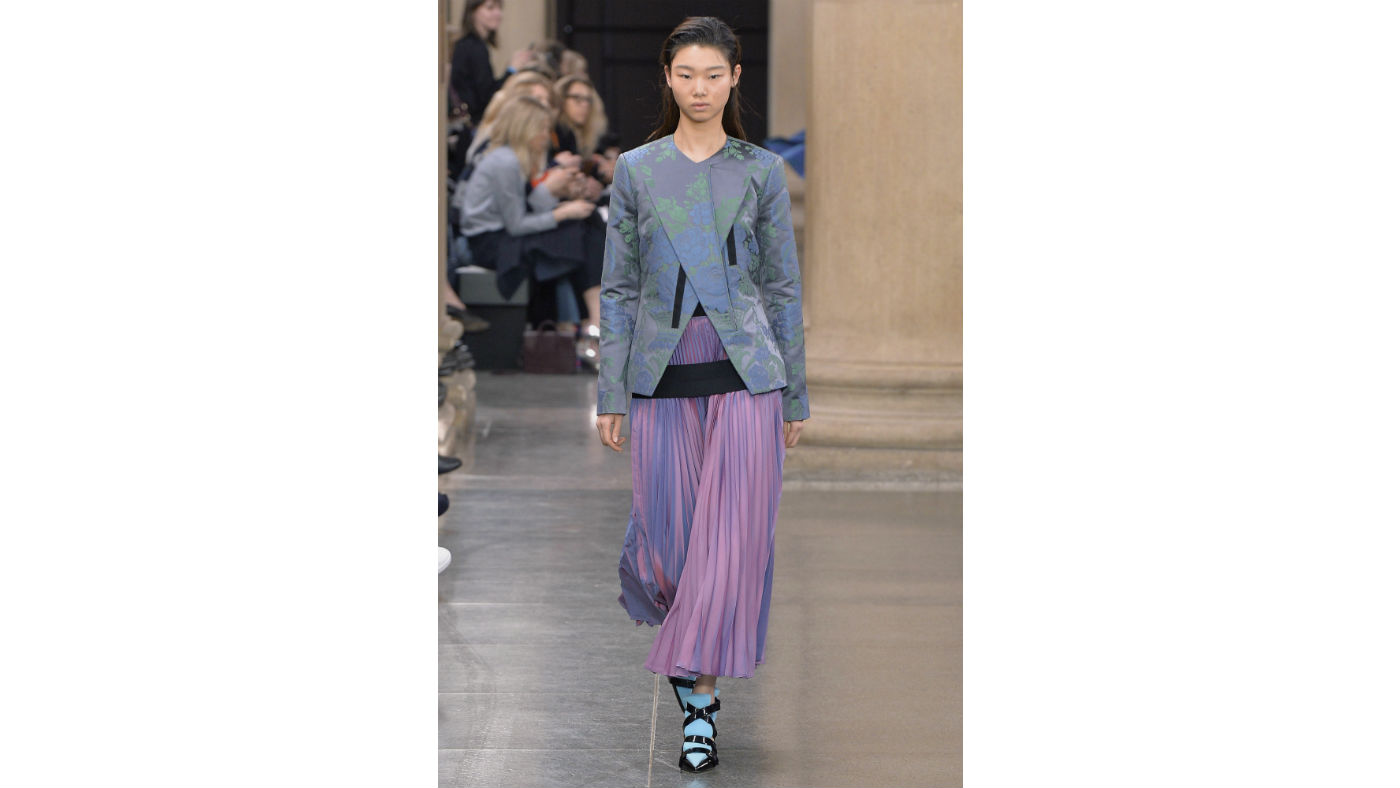
At London Fashion Week, it was the designers who engaged boldly with the current political mood who triumphed, leaving others, who noodled around with excessive and enigmatic complexity, in their wake.
Shifting emphasis from the more commercial tone of previous seasons, Burberry's creative director and chief executive Christopher Bailey got stuck into a classier, artier source of national pride for his second "see now, buy now" catwalk show. The unassailable integrity of sculptor Henry Moore was deployed and several of his vast bronzes were moved to Makers House. Bailey explored Moore's archives and process to produce a collection that veered away from the brand's trademark wearability and headed in a more deconstructed direction. The capes donned by every model for the finale were the greatest success, varying from Elizabethan ruffs to highly wrought lace, all available made-to-order.

Jess Cartner-Morley at The Guardian dubbed the resounding look of London Fashion Week as "arthouse patriotism", with many brands choosing to show at the Tate galleries. Must-see Christopher Kane, who chose Tate Britain, eschewed his archive and chose to march boundlessly forward, sketchbook in hand. However, Suzy Menkes at Vogue scolded him for missing an opportunity to make a political statement - there was an anti-Trump protest in action round the corner - and assessed the collection as inconsistent: "For however much icy modernity Kane put in slim silver dresses, Space Age shiny suits and sparkling appliqued flowers, the designer was at his best in the rare moments when he kept things simple."
The Week
Escape your echo chamber. Get the facts behind the news, plus analysis from multiple perspectives.

Sign up for The Week's Free Newsletters
From our morning news briefing to a weekly Good News Newsletter, get the best of The Week delivered directly to your inbox.
From our morning news briefing to a weekly Good News Newsletter, get the best of The Week delivered directly to your inbox.
Cartner-Morley raised an eyebrow at how, for brands such as Mulberry and Roksanda, "the queen has come to stand for formidable women, rather than for establishment rule". After her show, Roksanda Ilincic gushed about being "starstruck" at a recent encounter with the monarch. Meanwhile, Mulberry hired edgy super-stylist Lotta Volkova to inject some youthful verve into 1970s wallpaper-print suits that Cartner-Morley dubbed "part the Queen at Balmoral and part Volkova", although for Maya Singer at Vogue, "home-counties references dominated" what felt like an "unfinished" collection.

Rather hotter on their politics were Marques Almeida and Ashish, where runway diversity reigned. Ashish Gupta aimed squarely at President Donald Trump in his sequin-filled collection entitled Stay Great, Despite…, with slogans such as: "More glitter less twitter"; "Stay woke" ("woke" meaning conscious of social systems of black oppression, a popular slogan during recent protests), and "Why be blue when you can be gay!" The designer himself emerged at the end wearing an oversize T-shirt emblazoned with political messages of solidarity, "No person is illegal" taking centre stage.
Portuguese duo Marques Almeida's show, meanwhile, was an ode to Malick Sidibe's images of everyday life in 1960s and 1970s Mali, displayed on a diverse cast of friends and women of differing heights and shapes to the tune of Nina Simone. "If there was ever a time to talk about diversity, this was it. It felt very instinctive," Marques told Samantha Conti at WWD. For Menkes, the outsized suiting and monochrome checks were exciting, if not perfect and proof that "Almeida has moved forward, producing tailoring and bold mixes of checks and frills".
Simone Rocha, in the wake of January's global women's march that attracted almost 100,000 in London, found her "strong women" in the suffragettes rather than Elizabeth II, dubbing her show The Marching Roses. Her "Roses" were of all ages and wore edgy Victoriana overcoats, visually blurring Emmeline Pankhurst and her comrades with contemporary protesters. Vogue's Sarah Mower was a fan, reflecting that "the program notes spoke of peace and serenity. Can clothes give us that? Maybe, maybe not. But in Rocha's mind, even red daisies, primroses, and lace are meant to act as talismans, her version of female armour against what may lie ahead."
A free daily email with the biggest news stories of the day – and the best features from TheWeek.com

Conviviality and intimacy were the theme of Molly Goddard's show, which unfolded around a delicious spread with real food and martinis. She developed the oversized tulle naivete that has defined her aesthetic and expanded her repertoire to include satin trousers and printed sweatshirts, a touch easier to wear for most. However, dresses were still the standouts, notably an olive-green sheer number embroidered with flashes of red. Chioma Nnadi at Vogue joyfully noted that "instead of disappearing off backstage, many of the models in the show took their seat at the tables on the runway, chatting and giggling over glasses of red wine. It was fashion at its most fun."
Rebecca May Johnson writes for publications including Vogue, AnOther, the Daily Telegraph and the Business of Fashion
-
 How the FCC’s ‘equal time’ rule works
How the FCC’s ‘equal time’ rule worksIn the Spotlight The law is at the heart of the Colbert-CBS conflict
-
 What is the endgame in the DHS shutdown?
What is the endgame in the DHS shutdown?Today’s Big Question Democrats want to rein in ICE’s immigration crackdown
-
 ‘Poor time management isn’t just an inconvenience’
‘Poor time management isn’t just an inconvenience’Instant Opinion Opinion, comment and editorials of the day
-
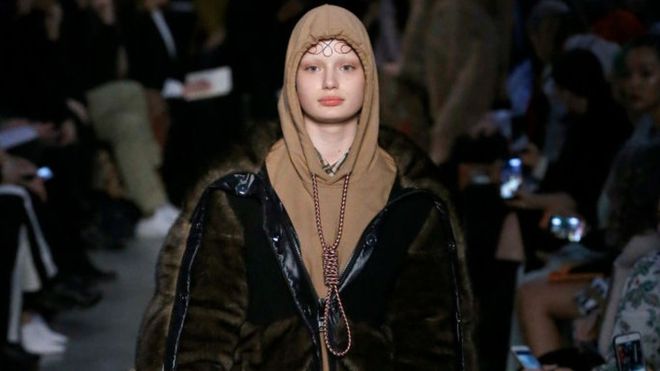 Burberry apologises amid backlash over ‘noose’ hoodie
Burberry apologises amid backlash over ‘noose’ hoodieSpeed Read Model Liz Kennedy protests that ‘suicide isn’t fashion’ after controversial top featured in London runway show
-
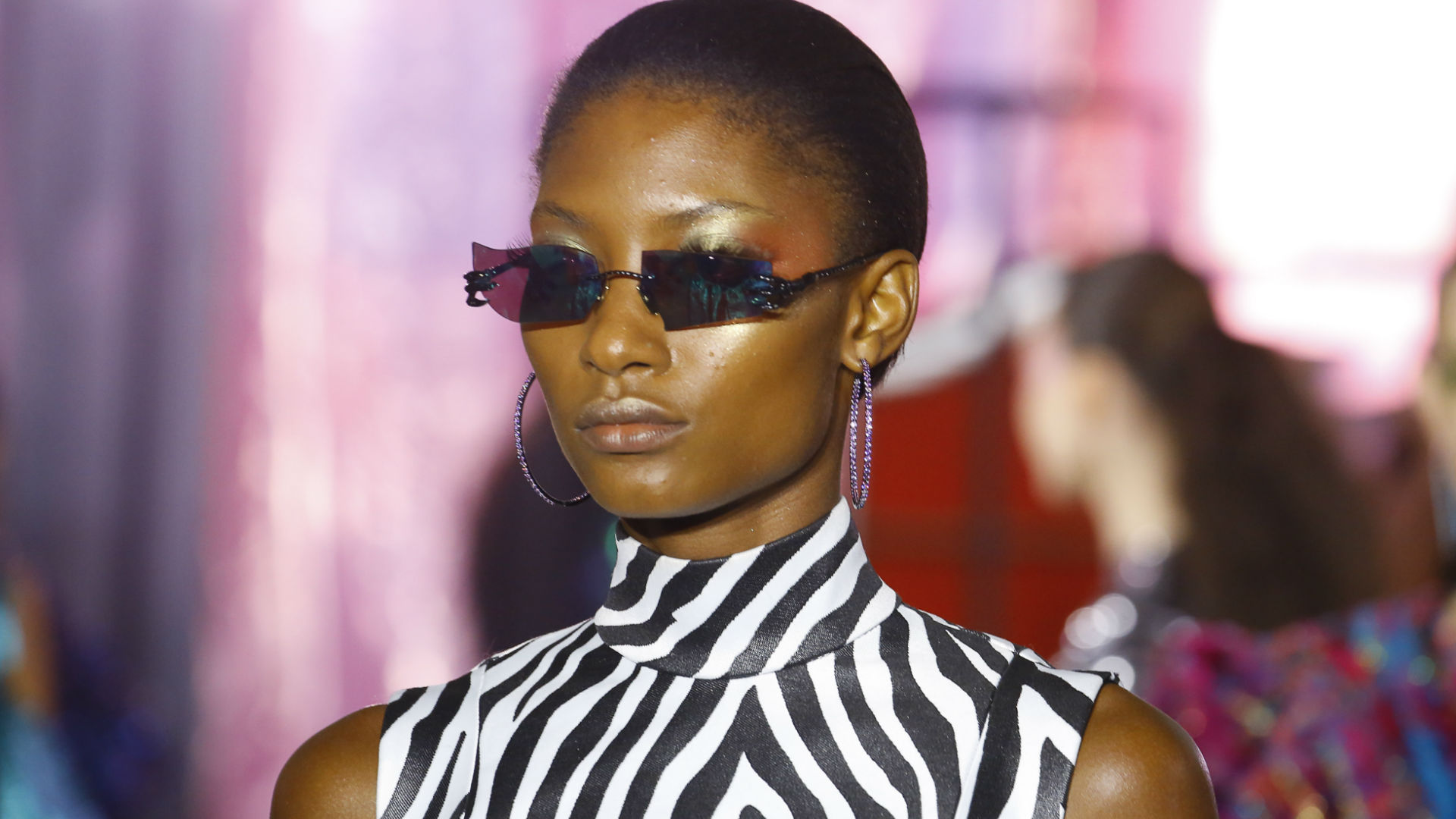 London Fashion Week 2018: everything you need to know
London Fashion Week 2018: everything you need to knowfeature The major headlines and latests trends from LFW 2018, brought to you by SEAT Arona
-
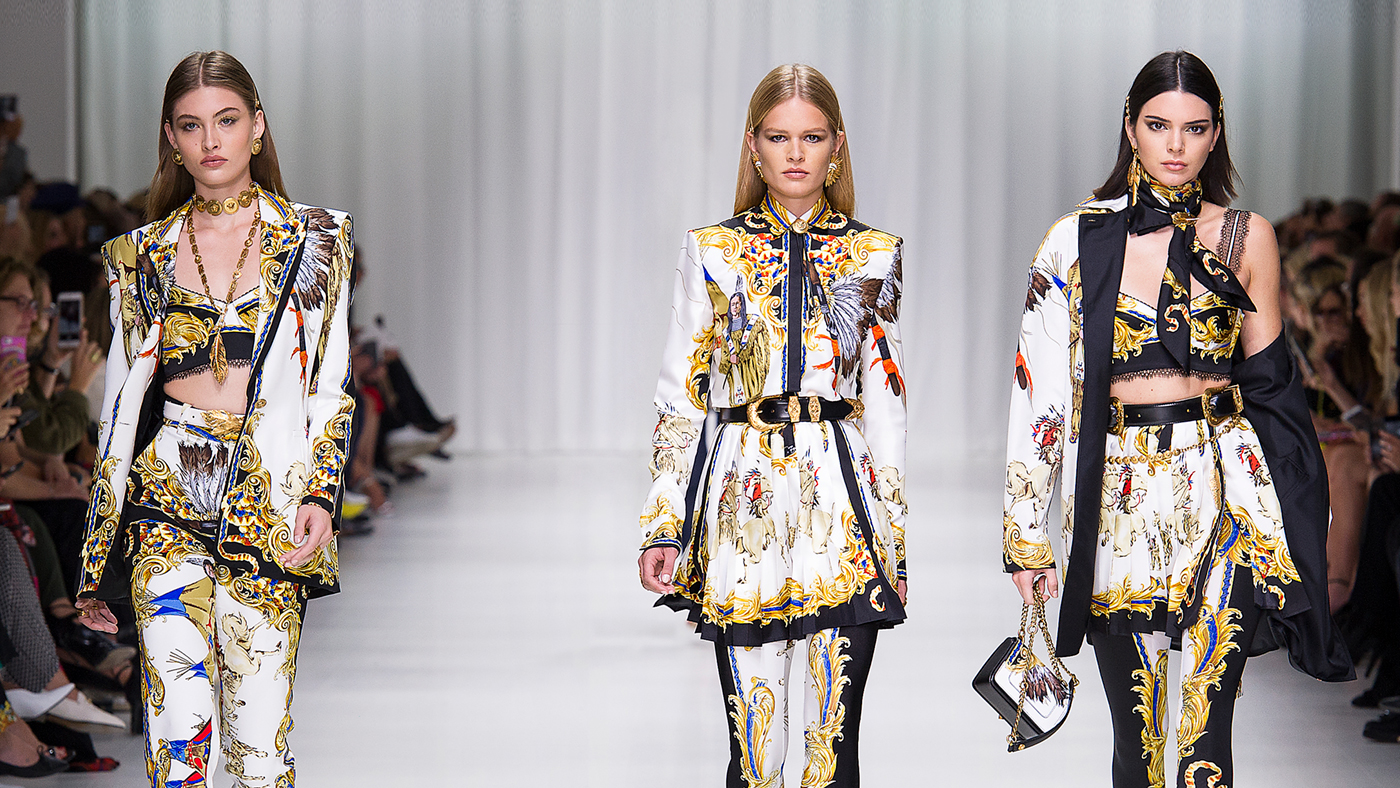 Riot Grrrls and Golden Girls at Milan Fashion Week
Riot Grrrls and Golden Girls at Milan Fashion WeekIn Depth Radical comic book heroines at Prada and shimmering gilded supermodels at Versace: the high points of the seven days were woman-powered
-
 A panoply of design at London Fashion Week
A panoply of design at London Fashion WeekIn Depth The world of fashion reacts to the best of the SS18 shows, which brought cleaning-inspired chic, streetwear and plenty of pink plastic
-
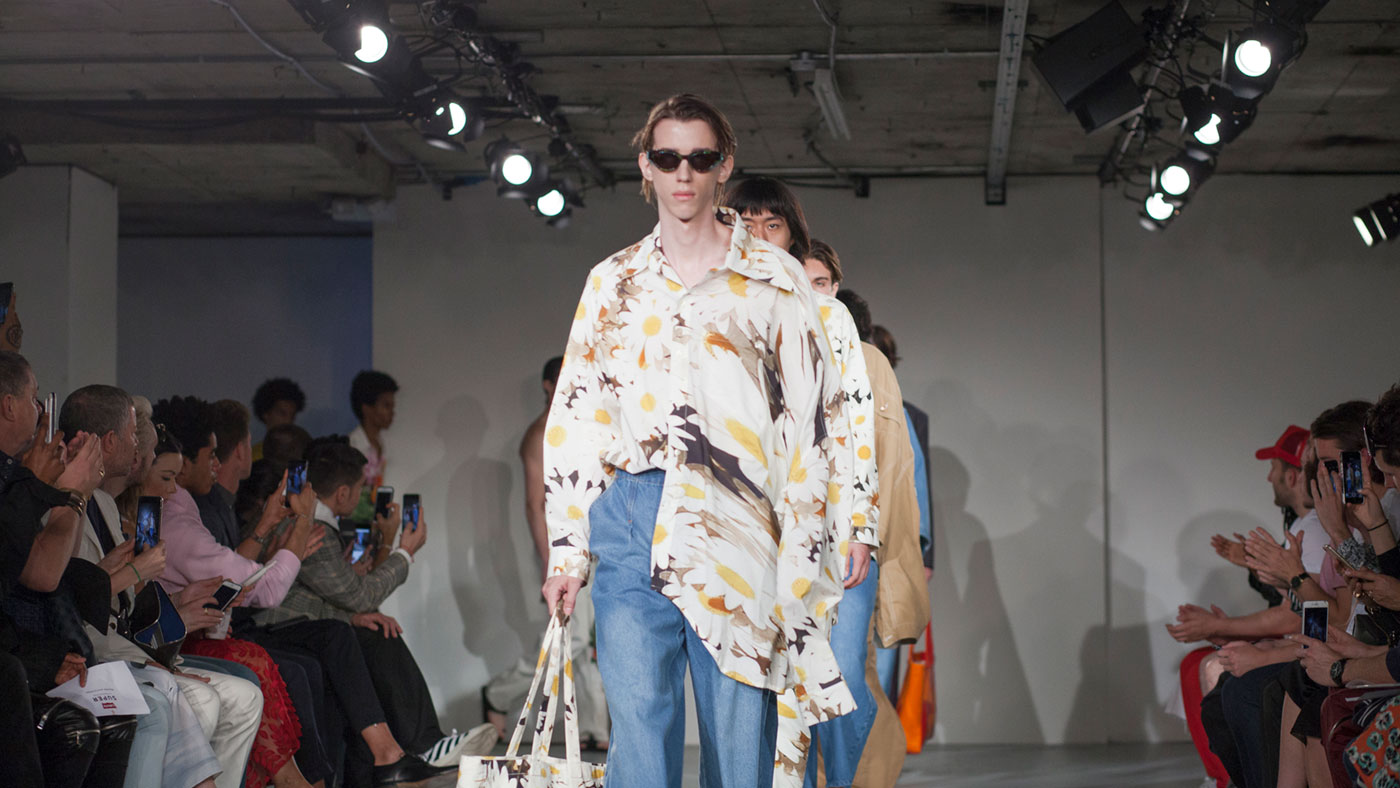 The spirit of youth: London Fashion Week Men's
The spirit of youth: London Fashion Week Men'sIn Depth Some played with gender and the theme of childhood while others opted for calm staples against a backdrop of political uncertainty
-
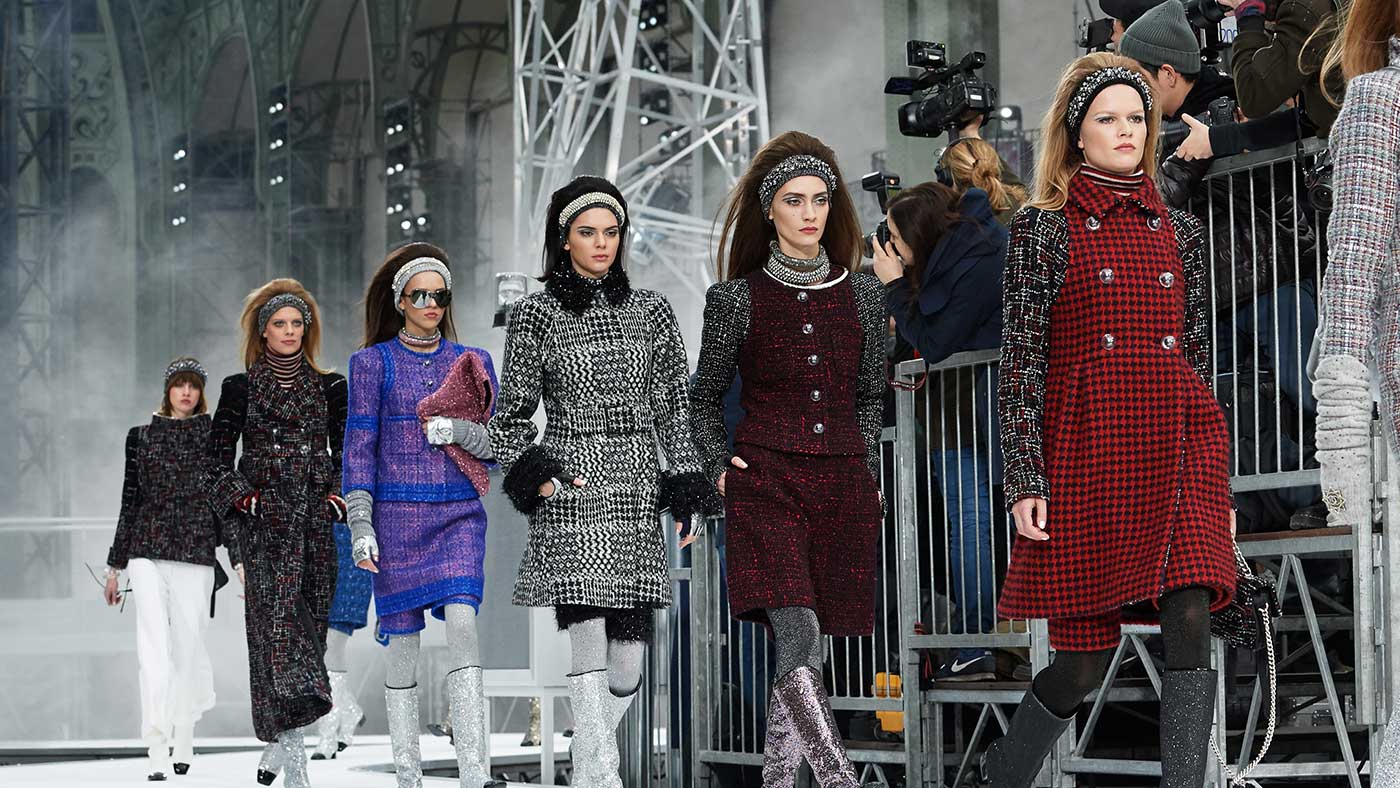 Wearable and sellable is key at Paris Fashion Week
Wearable and sellable is key at Paris Fashion WeekIn Depth It was a week of refreshingly serious, complex and wearable clothes in Paris, says Rebecca May Johnson
-
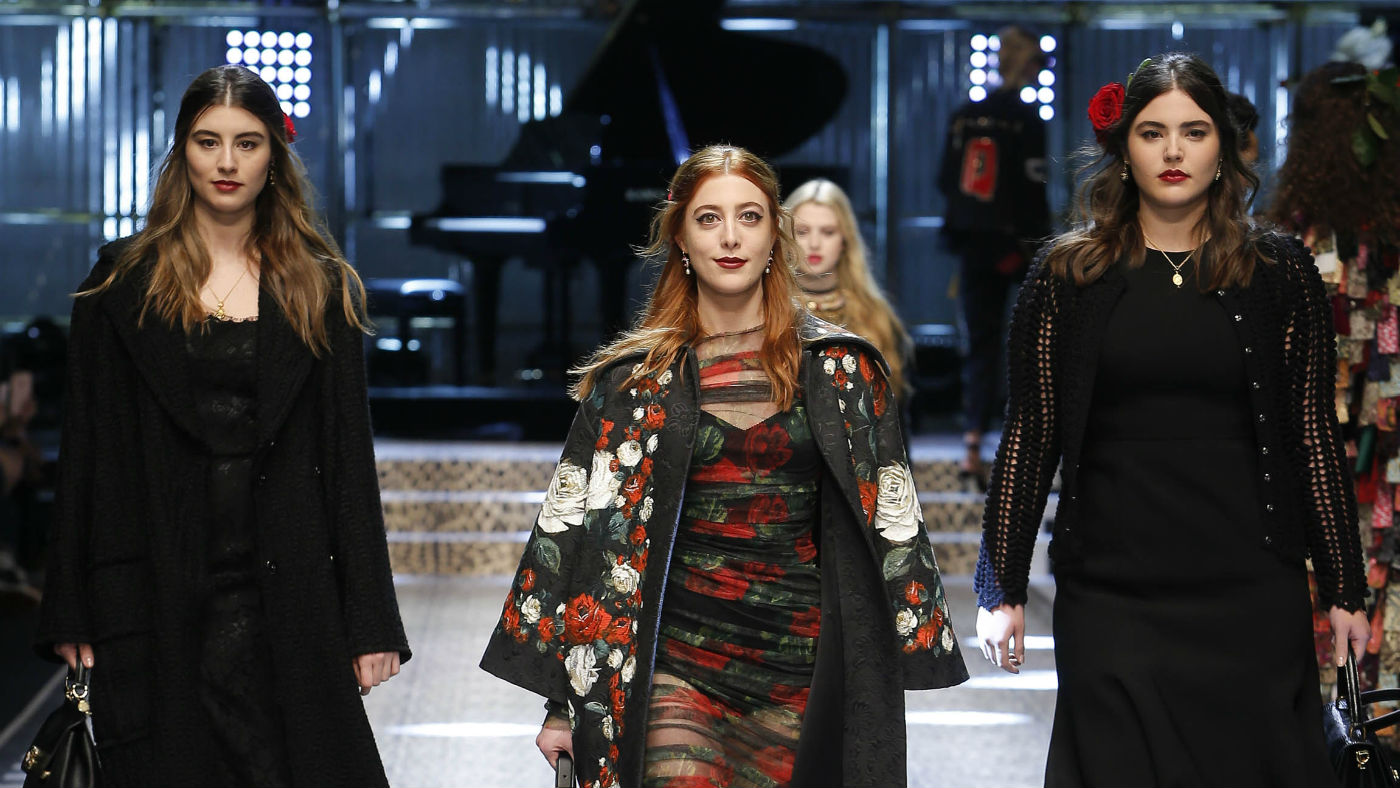 More is not always more at Milan Fashion Week
More is not always more at Milan Fashion WeekIn Depth The beating heart of high-glamour saw a week of complicated excess in Italy, but it was a little too much for some critics
-
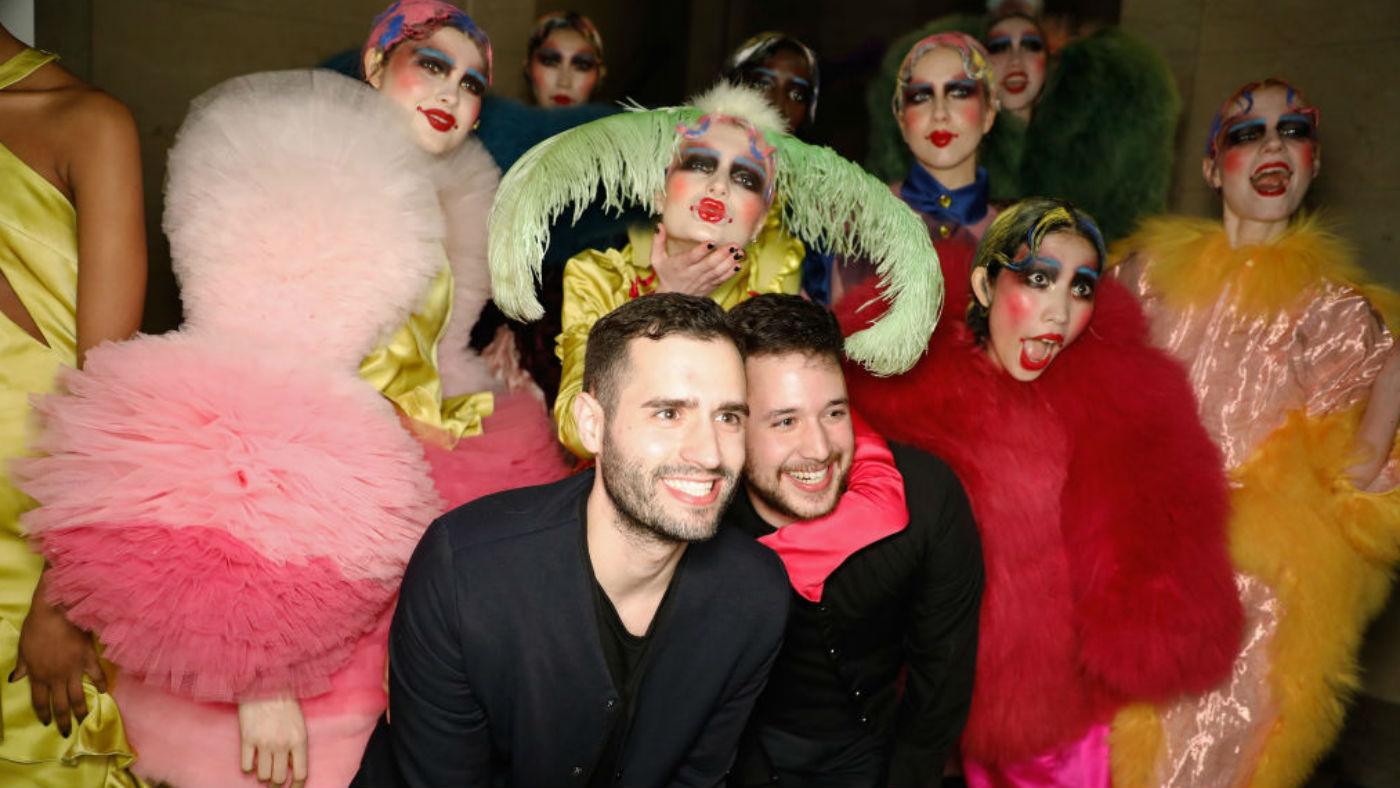 London Fashion Week: David Ferreira's 'Freakball' brings out the freak in everyone
London Fashion Week: David Ferreira's 'Freakball' brings out the freak in everyoneThe Week Recommends Inspired by circus sideshows, the Lisbon-based newcomer took his collection to new levels at LWF